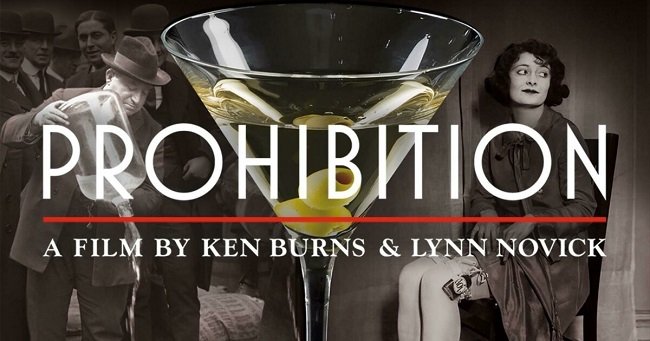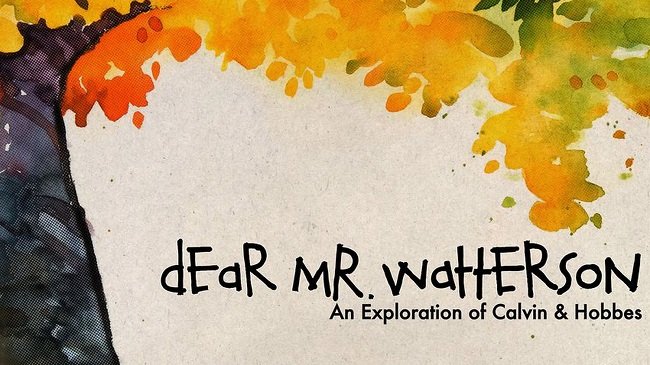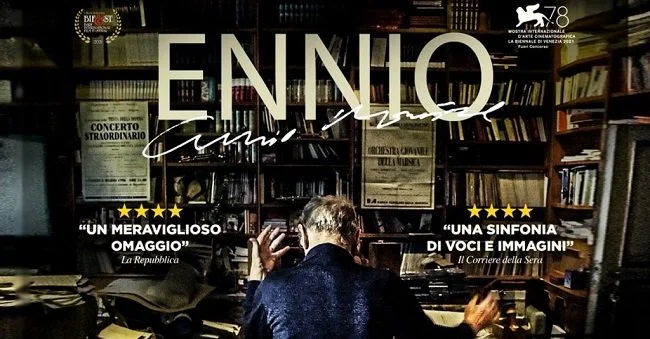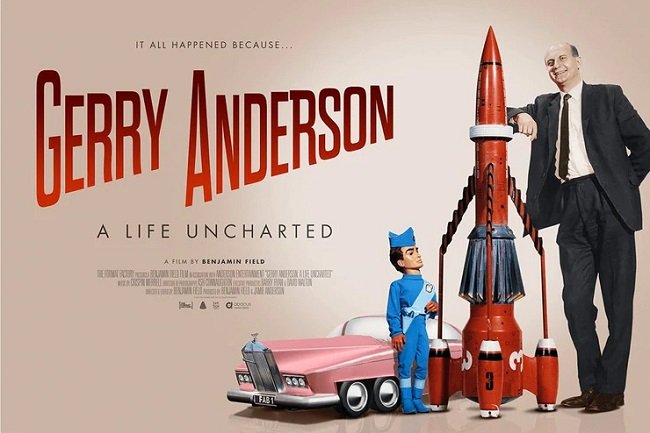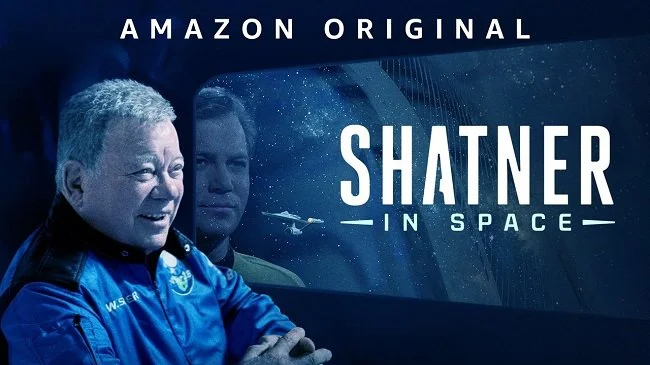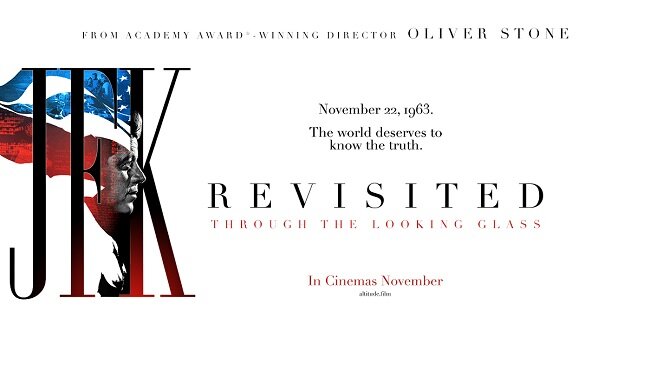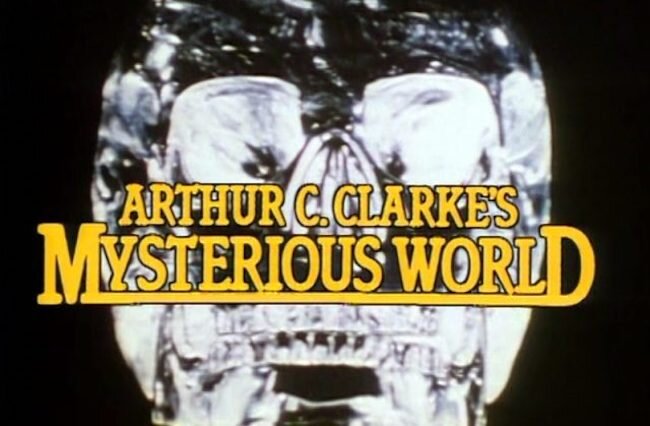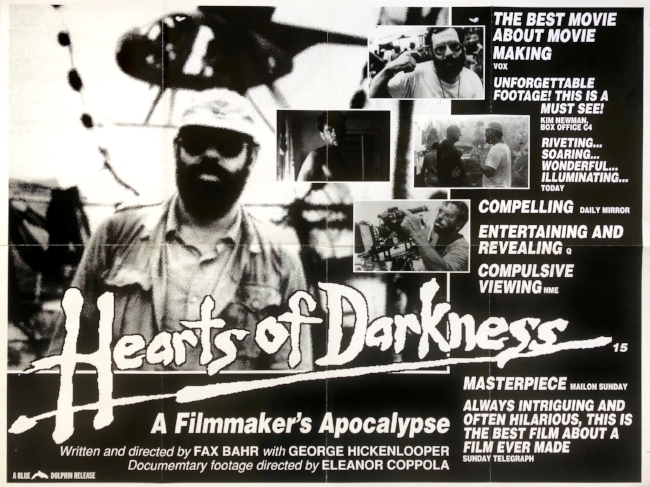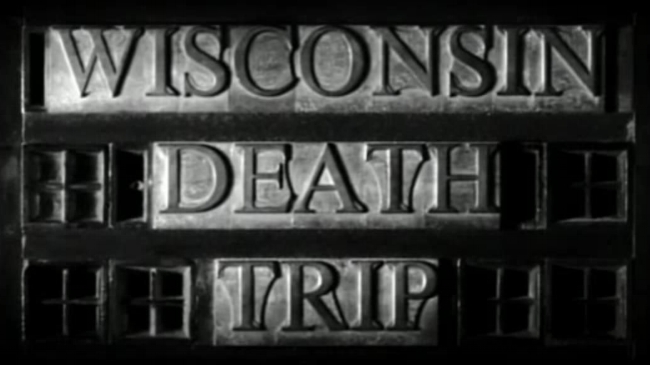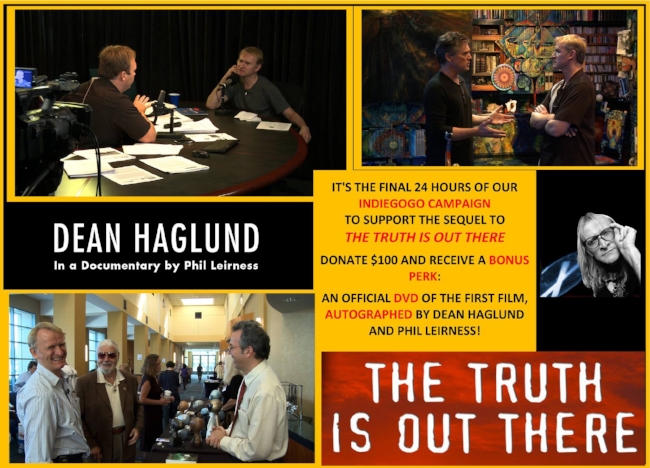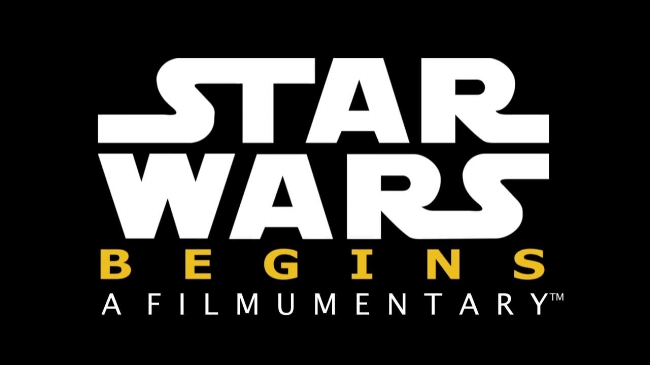Music by John Williams (2024)
Music by John Williams is a documentary celebration of the famous composer and his illustrious body of work. It provides some interesting biographical background information as to how the man was born into a family of talented musicians. It then traces his rise from pianist for hire to the most well known film composer today. Along the way, anyone who is anyone in film and music appears to heap justifiable praise upon him and his body of work. It also features a continuous medley of John Williams’ greatest hits, as it catalogues his work in broadly chronological order. Music by John Williams is an upbeat and positive love letter to the composer and exactly what you would expect, when you consider that the documentary was produced by his friends and peers.
“How does he do it”? This is a question that is continuously raised throughout the documentary’s 105 minute running time, by the various talking heads such as J.J. Abrams, Chris Columbus and Seth McFarlane. Naturally, this is a perfectly logical question considering the composer’s ability to continuously write outstanding music for film after film. However, it becomes clear after a while that this particular documentary doesn’t really intend to answer this question, preferring to simply reflect on the composer’s work and frame his skills in enigmatic terms. It is a perfectly valid approach and ensures that Music by John Williams remains very accessible to viewers who may well have no background in musical theory. But it is a little disappointing to those who have a genuine interest in Mr Williams technical skills.
We are briefly given a rare insight as to John Williams thought processes, when he discusses his famous five note motif for Close Encounters of the Third Kind. He draws a grammatical analogy stating that the five note motif is akin to a conjunctive sentence and that it ends in a questioning fashion. The motif raises an expectation with the fifth degree of the scale. Contextually, it is a “but”, rather than a definitive statement. Within the parameters of the film, that is an important point and taps into the themes of the story with its cosmic questions. I would have liked to have seen far more examples of Mr Williams’ reasoning because it shows that he doesn’t just write from the heart but there is a great deal of technical literacy at work as well. It adds an additional cerebral dimension to his music as well as its inherent emotional content.
There is still much to recommend Music by John Williams. Director Laurent Bouzereau asks pertinent questions in a casual and disarming way. Steven Spielberg’s home movies are an invaluable source of information and insight as he has recorded numerous studio sessions of Mr Williams’ conducting the score for his films. The documentary also does a good job of highlighting John Williams’ work for the Boston Pops and how he did much to bring orchestral music to a wider audience. There was a surprising amount of snobbery and pushback to this in the mid eighties. However, if you are seeking the rigour and scrutiny of Ennio, Giuseppe Tornatore’s sprawling documentary about Ennio Morricone, you won’t find it. Music by John Williams is not intended to be such an exploration, preferring to be an ode to the composer and a much deserved veneration.


